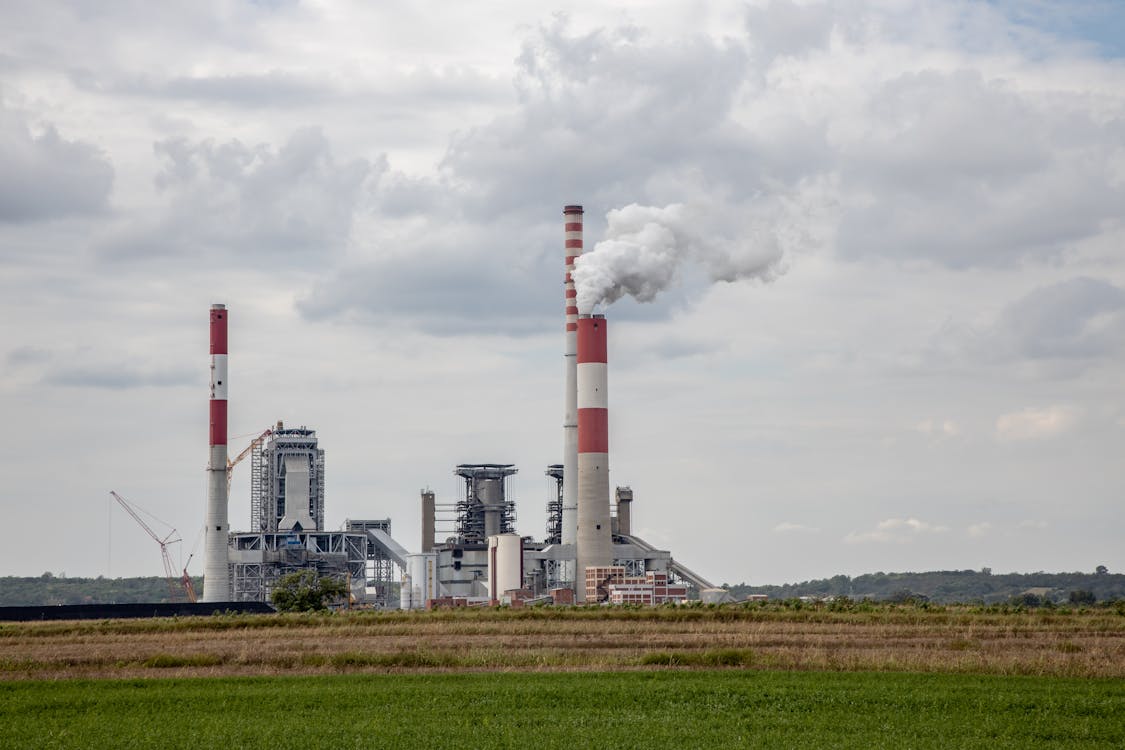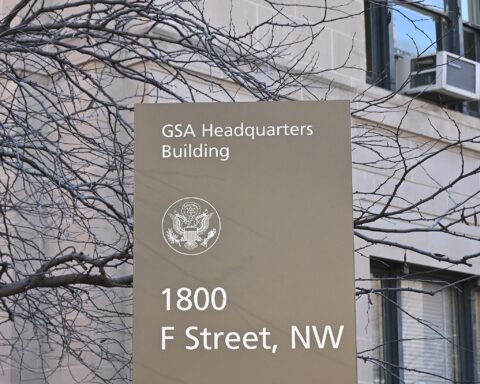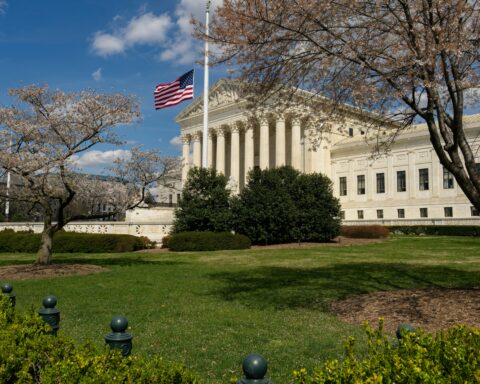The U.S. Environmental Protection Agency (EPA) is providing temporary regulatory exemptions to some coal-fired power plants, under formal proclamation of the Trump administration.
The proclamation, issued by the White House this month, will delay certain coal-fired power plants’ compliance with the Mercury and Air Toxics Standards (MATS), which regulates pollution control requirements, supports emissions reduction efforts and limits the levels of mercury and other hazardous pollutants in the air.
The regulatory rollback will challenge a MATS rule, titled the “National Emissions Standards for Hazardous Air Pollutants: Coal- and Oil-Fired Electric Utility Steam Generating Units Review of the Residual Risk and Technology Review.” Enacted by the EPA in May 2024, the rule tightens emissions standards on coal- and oil-fired power plants and facilities.
Effective July 8, 2024, the MATS rule sets operating limits, emissions goals and work practice standards on these facilities, requiring compliance with the revised EPA regulations before July 6, 2027.
The compliance delay will benefit nearly 70 coal-fired power plant facilities and stationary sources around the nation, according to Annex I in the proclamation. These facilities include four plants that are operated by the Tennessee Valley Authority, four plants for Oklahoma Gas and Electric and dozens of local and regional coal-fired energy-producing sources.
The coal-fired power plants and stationary sources will receive a two-year extension to maintain energy production and support the country’s national security needs. The proclamation also cites a lack of accessible, commercially viable technologies to implement the EPA’s regulations while maintaining the nation’s energy position.
The federal deregulatory effort will advance the White House’s “Unleashing American Energy” agenda, in which, recently, the Trump administration announced a flurry of executive
orders targeting coal-fired electricity generation and emphasizing its importance to national security.
The executive orders prioritize coal as a strategic energy resource and direct federal agencies to identify infrastructure and policies that support coal expansion. These orders include measures to block states from restricting fossil fuel development and efforts to evaluate and preserve power generation capacity.
The administration’s recent executive orders and proclamations are designed to bolster the coal industry as the country prepares for increased energy demands for artificial intelligence, data centers and manufacturing. However, the decisions are expected to spark discussions between advocates from environmental groups and policymakers of the potential impacts on climate change, environmental sustainability and public health.












